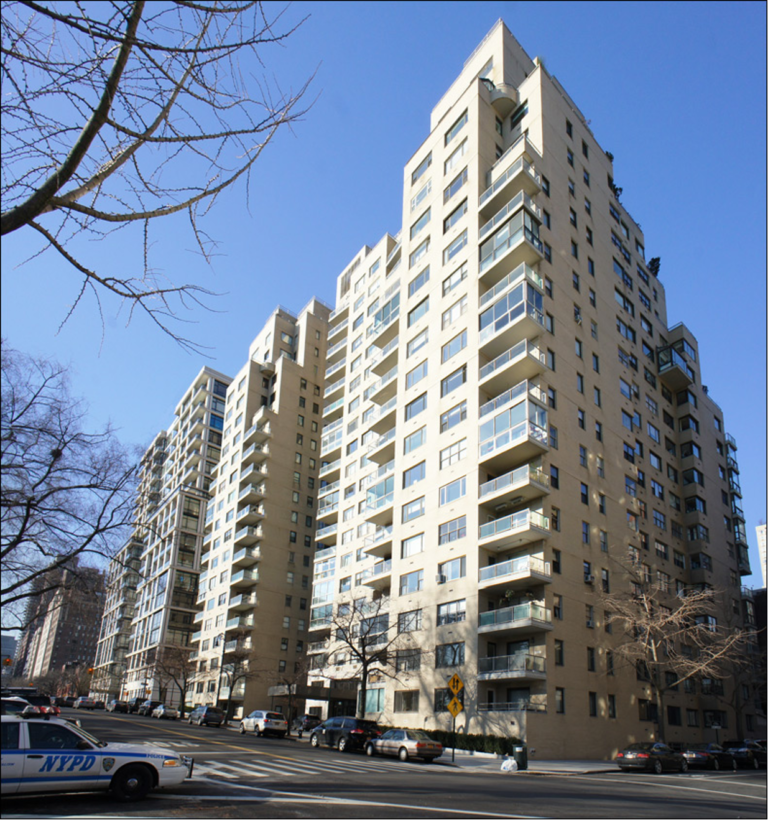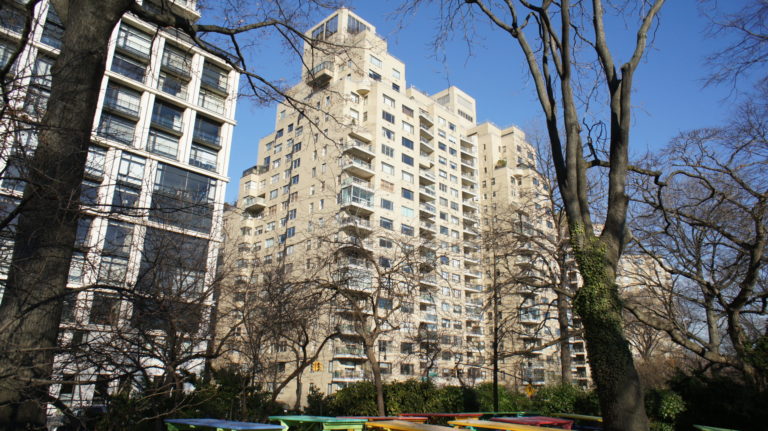$20,000,000 – underlying mortgage for a 150-unit Upper East Side cooperative
We had been retained by the board of directors of this co-op to advise and structure a $20,000,000 underlying mortgage and revolving credit facility for a 21-story, 150-unit, full-service luxury cooperative building with a rooftop pool, full gym, garden and garage located on East End Avenue on the Upper East Side of Manhattan.
At the time of this financing, the borrower’s main focus was to obtain a new, 10-year, fixed-rate, interest-only mortgage with a 3.25% interest rate to replace their old 6.12% mortgage. In addition, this cooperative also required a $2,000,000 unsecured, revolving line of credit in order to provide flexibility to address unforeseen future capital improvements and repairs. The unsecured, revolving credit facility also saved the borrower $56,000 ($2,000,000 x 2.8%) in NYC mortgage recording tax, (compared to the cost of a secured credit facility like a credit line mortgage).
As is often the case, Winter & Company seeks to customize the loan structure to meet the specific needs of each client. In this co-op’s case, two other factors of this financing are worth highlighting: The co-op’s old mortgage had a large yield-maintenance prepayment penalty. For this co-op, a strategy of locking in a new, low rate for their new underlying mortgage, but delaying the closing by six months saved them a considerable amount of money by reducing the cost of the pre-payment penalty on their old mortgage.
This cooperative also wanted to have the ability, should they decide to do so, of being able to utilize surplus cash flow to pay down up to 10% of their remaining principal balance per year without triggering a prepayment penalty. In the event of such principal reduction, their mortgage payments would also be adjusted accordingly going forward. Although this is a highly unusual and non-standard feature in the commercial mortgage marketplace, we were able to successfully negotiate this option for our client. The many post-war, white brick, 60’s-era buildings all over Manhattan’s Upper East Side are notoriously expensive to maintain and this co-op needed to emerge from the financing with ample cash reserves to address their foreseeable capital needs.


